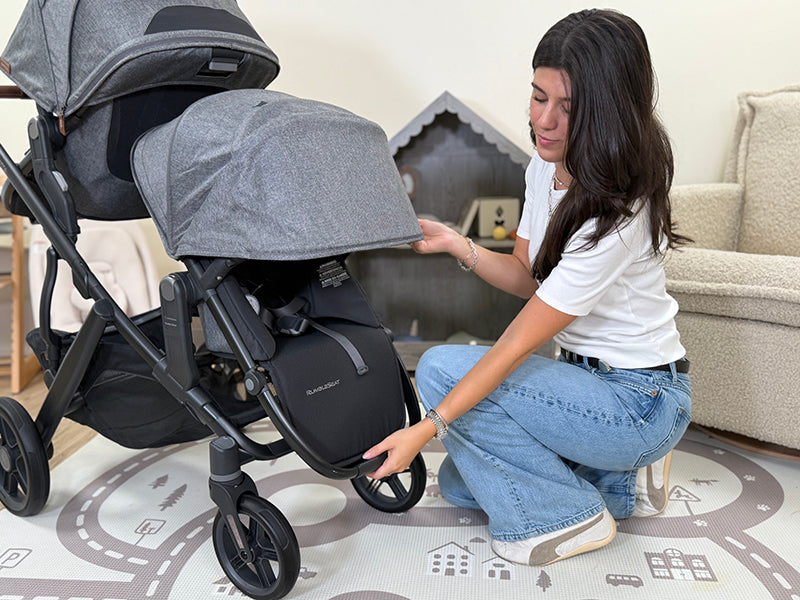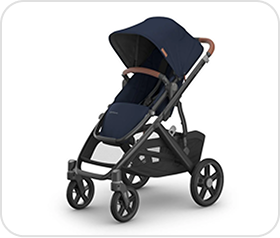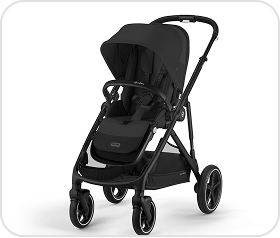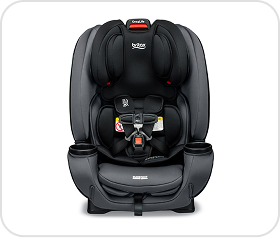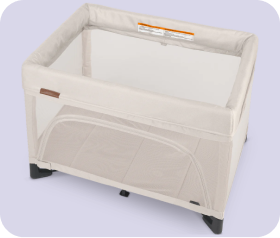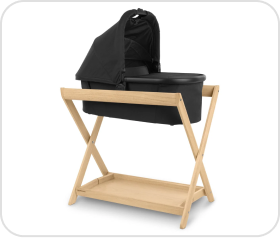
The Importance of Tummy Time: Fun Activities for Stronger Babies
The safest recognized sleep position for babies is on their back. Placing babies on their back for sleep significantly reduces the risk of Sudden Infant Death Syndrome (SIDS). Even placing a baby on their side is not recommended, as they can easily roll over onto their stomach, increasing the risk of suffocation during sleep. Since babies spend a significant amount of time sleeping, most of their day is on their backs, it's important to incorporate "tummy time" into their daily routine. Tummy time involves placing the baby on their stomach while they are awake and supervised.

Why is tummy time so important?
Because babies spend a significant amount of time sleeping on their backs, it's important to vary their positions when they are awake. Tummy time serves the crucial purpose of allowing babies to develop upper body strength. When babies are placed on their stomachs, they are encouraged to lift their heads to look around, which strengthens their neck and shoulder muscles. As tummy time progresses, babies also start using their arms to push their bodies up, further enhancing their arm and shoulder muscles. Tummy time plays a vital role in the early development of gross motor skills. The movements babies practice during tummy time set the stage for achieving important developmental milestones on time, such as holding their heads up, sitting unsupported, rolling over, and crawling.
Moreover, tummy time helps ensure proper skull formation. If a baby spends all their time on their back, it could lead to a condition known as "flat head." Flat head syndrome may require medical intervention to correct, such as physical therapy or the use of a corrective helmet. Therefore, incorporating regular tummy time sessions into a baby's routine is essential for their overall development and well-being.
When should parents start tummy time with baby?
Parents can start facilitating tummy time from birth. As it is so crucial to baby's development it is important to get baby accustomed to being on their stomach, which should become part of their daily routine.To begin tummy time with newborns, parents can simply position their baby tummy to tummy with themselves. This not only provides the baby with comfort but also gives them the opportunity to socialize and engage with their favorite people, fostering important bonding experiences.
How much tummy time does baby need?
Tummy time should be performed daily, every day of the week! Starting from birth, it's ideal to aim for tummy time sessions 2-3 times a day, each lasting 3-5 minutes. By the age of 2 months, gradually increase the total tummy time to 30 minutes per day. By the time the baby reaches 3 months, the goal should be to reach a total of one hour of tummy time per day, divided into 3 sessions.
What is the best setting for tummy time?
The optimal times for tummy time are after diaper changes or nap time, ensuring that the baby is comfortable, content, and well-rested. It's also recommended to wait 20-30 minutes after feeding to prevent upset stomachs, vomiting, and unnecessary discomfort during tummy time sessions.
Tummy time should be conducted on the floor, where caregivers can lay down a mat or a blanket to create a comfortable and inviting surface for the baby. It's essential that the surface is soft yet firm and grips to the floor to prevent it from sliding around under the baby. If the baby is placed on a blanket that moves around, it can make it challenging for them to balance and push up on their arms effectively. Therefore, selecting a surface that offers stability is important for a successful tummy time experience.
How can tummy time be more enjoyable for baby?

Initially, babies may not be very happy during tummy time, as their heads are heavy and they may feel uncomfortable in this position. This is why gradual increases in time are important. Even if the baby is not thrilled about tummy time, parents should persist. Tummy time can be made more enjoyable by incorporating toys and play. Caregivers can sit in front of the baby and shake a rattle or hold engaging toys to catch their attention and encourage them to lift their heads. As the baby develops, toys can be placed just out of reach to prompt them to reach for them. Progressing through sessions, laying out multiple toys surrounding the baby will incentivize them to look around. An activity arch is a smart investment that hangs toys over their heads, encouraging them to push up on their arms and reach for play.
What happens if baby does not get tummy time?
A lack of tummy time or insufficient tummy time can significantly impede a baby's development, causing delays in milestone achievements. To ensure that babies reach these milestones on time, it's crucial for them to strengthen the key muscles necessary for progressing to these important milestones, such as neck control for holding their heads up, sitting unsupported, rolling over, and crawling. Establishing a proper timeline is essential for a baby's future mobility.
Moreover, tummy time helps prevent medical conditions such as Torticollis and Plagiocephaly. Torticollis involves tight and stiff muscles in the neck, which can make turning the head painful and difficult. Plagiocephaly, also known as "flat head," occurs because babies' heads are very soft, and their skulls are still developing. Spending too much time lying on their backs can lead to flat head syndrome, and in some cases, corrective helmets may be necessary to address this condition.
Furthermore, tummy time provides babies with the opportunity to experience the world from a different perspective. While most of their day is spent lying on their backs and staring up at the ceiling, tummy time allows them to view their surroundings at eye level. This new vantage point enables babies to engage with their environment in a more interactive and stimulating way, fostering cognitive development and sensory exploration. Therefore, incorporating regular tummy time sessions not only strengthens their muscles but also enriches their overall sensory and perceptual experiences.
What baby products should parents consider purchasing for tummy time?

The right playmats and toys will make tummy time more enjoyable to babies and easier for parents to facilitate!
Playmates:
- Toddlekind Leaf Organic Cotton Playmat
- Charlie Crane TAMI Playmat
- Toddlekind Prettier Puzzle Playmat - Earth
- Lorena Canals Planet Bee - Honeycomb Playmat
Activity Arch:
Toys::
- Mushie Flower Press Toy
- Crane Baby Plush Toy
- Lorena Canals Soft Toy - Ride & Roll Train
- Mushie Suction Spinner Toy
Questions?
Strolleria is dedicated to making the baby gear buying experience less overwhelming for parents. If you have more questions about the importance of Tummy Time feel free to chat us or email us at customercare@strolleria.com.


























